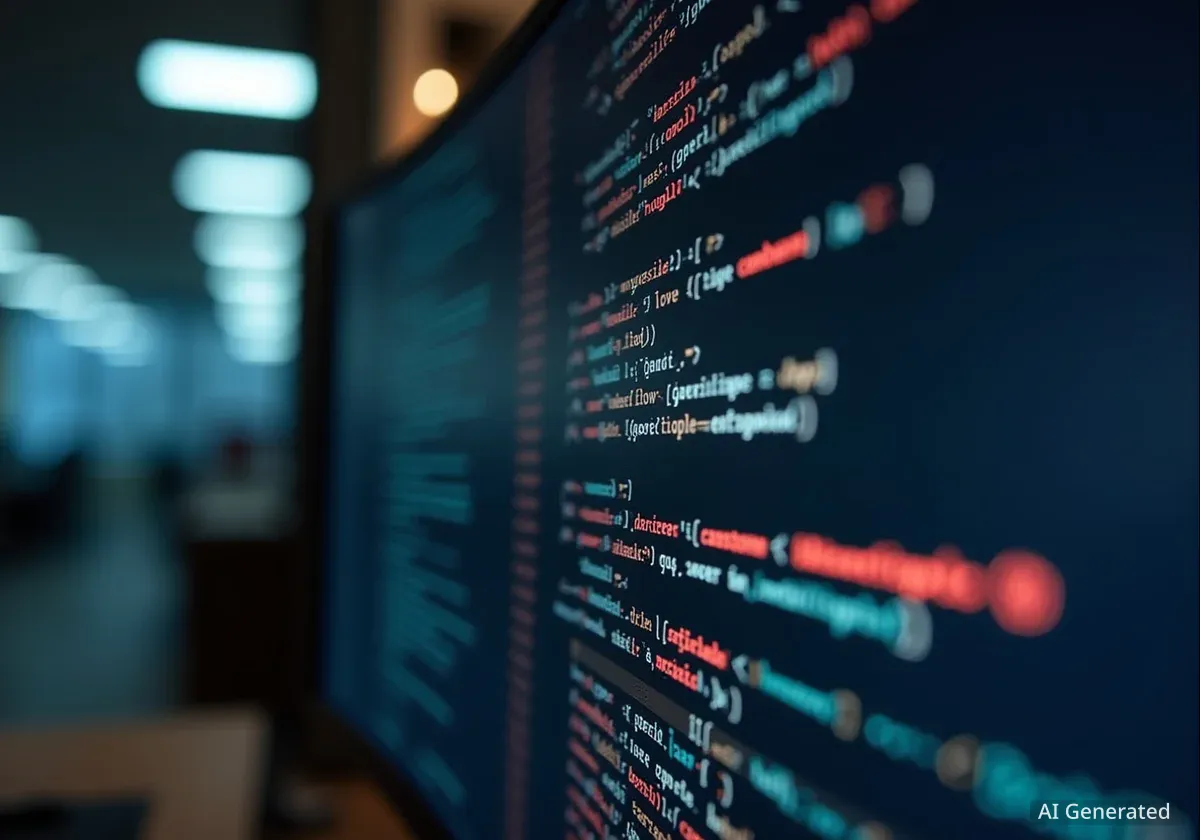Major news organizations are implementing new technical and legal measures to prevent their content from being used to train artificial intelligence models without permission. This move signals a growing conflict between media companies and AI developers over the value of high-quality journalism in the digital age.
Publishers, including News Group Newspapers Limited, are updating their website policies and employing bot detection systems to block automated data collection, often called scraping. The core issue is the unauthorized use of copyrighted articles, images, and videos to build large language models (LLMs), which power generative AI tools like ChatGPT.
Key Takeaways
- News publishers are actively blocking web crawlers used by AI companies to scrape content for training models.
- The blocks are implemented through website terms of service, technical measures, and files like robots.txt.
- Publishers argue that using their content without compensation violates copyright and undermines their business model.
- This trend is part of a larger industry-wide effort to control how valuable journalistic content is used by tech giants.
The Growing Trend of Content Protection
In a direct response to the rise of generative AI, news outlets are taking a firm stance on protecting their intellectual property. They argue that the high-quality, fact-checked content they produce is a valuable asset that AI companies are using for free to build commercial products.
One prominent example is News Group Newspapers Limited, the publisher of publications like The Sun. The company has implemented a system that detects and blocks potentially automated user behavior. Visitors to its sites may encounter a message stating, "News Group Newspapers Limited does not permit the access, collection, text or data mining of any content from our Service by any automated means."
This policy is explicitly mentioned in the company's terms and conditions, which prohibit automated access for purposes including AI, machine learning, or LLM training. The publisher directs those interested in commercial use of its content to a specific contact for licensing inquiries.
A Widespread Industry Movement
This is not an isolated incident. Dozens of major news organizations worldwide have taken similar steps. According to reports, publishers like The New York Times, Reuters, CNN, the BBC, and Disney have updated their technical protocols to block web crawlers operated by AI companies.
The primary method for this is the `robots.txt` file, a simple text file on a website that tells automated bots which parts of the site they are not allowed to access. Many publishers have specifically added directives to block crawlers such as OpenAI's GPTBot and Google's AI crawler.
What is Web Scraping?
Web scraping is the automated process of extracting large amounts of data from websites. Bots, or crawlers, are programmed to visit websites, read the content, and save it in a structured format. While used for legitimate purposes like search engine indexing, it is also the primary method AI companies use to gather training data for their models.
Why Publishers Are Blocking AI Crawlers
The motivations behind this industry-wide push are both financial and ethical. News organizations invest significant resources in producing journalism, and they believe they should be compensated when that work is used to create profitable AI technologies.
Glenn Miller, a media analyst, commented on the situation.
"For decades, news publishers have seen their content devalued by digital platforms. First, it was search engines and social media. Now, it's generative AI. They are drawing a line in the sand and saying that their intellectual property has value and requires a license."
The key arguments from publishers include:
- Copyright Infringement: They contend that scraping entire articles for AI training is a clear violation of copyright law.
- Economic Viability: If AI can summarize or reproduce their reporting, it could divert traffic from their websites, hurting advertising and subscription revenue.
- Lack of Attribution: AI models often generate responses based on news content without citing the original source, further eroding the publisher's brand and authority.
- Server Load: Aggressive scraping by numerous bots can place a significant strain on a website's infrastructure, slowing it down for human visitors and increasing operational costs.
The Fair Use Debate
AI companies sometimes argue that their use of public web data falls under the legal doctrine of "fair use." This concept allows for the limited use of copyrighted material without permission for purposes like criticism, research, and news reporting. However, whether training massive commercial AI models constitutes fair use is a legally untested and highly contentious question that is now being debated in courtrooms.
The Technical and Legal Battlefronts
Publishers are fighting this battle on two main fronts: technology and law. The technical side involves deploying sophisticated bot detection systems that can distinguish between human users and automated scripts by analyzing behavior patterns like browsing speed and mouse movements.
On the legal side, some publishers are going further than just blocking. The New York Times, for example, filed a high-profile lawsuit against OpenAI and Microsoft, alleging widespread copyright infringement. The lawsuit claims the AI companies used millions of its articles to train their models and that these models now compete directly with the newspaper by providing answers based on its reporting.
This legal action is seen as a landmark case that could set a precedent for how AI companies are allowed to use online content in the future. The outcome could force AI developers to negotiate licensing deals with content creators, creating a new revenue stream for the struggling news industry.
Looking for Collaboration and Compensation
Despite the adversarial actions, many publishers have indicated they are open to partnerships with AI companies. The goal is not to halt AI development but to establish a framework for fair compensation.
Some deals are already being made. The Associated Press (AP) entered into a licensing agreement with OpenAI, allowing the AI firm to use parts of its text archive. Similarly, other publishers are exploring partnerships that would provide them with revenue and access to AI technology in exchange for use of their content.
As the technology evolves, the relationship between media and AI remains complex. The current wave of blocking and legal action represents a critical negotiation phase, as news organizations fight to ensure the value of journalism is recognized and protected in the age of artificial intelligence. The decisions made today will likely shape the future of both industries for years to come.





